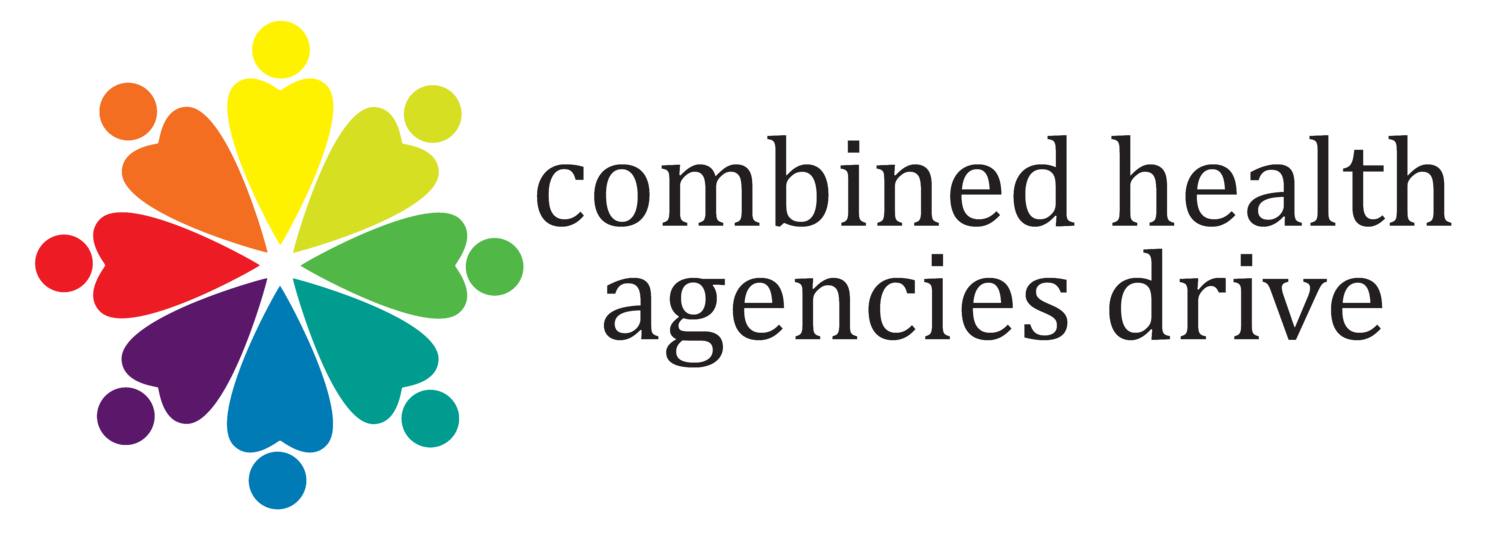Jodi’s Story
I suffered an anoxic brain injury on October 13, 2017. I was poisoned by Carbon Monoxide (CO) when I was renting an Iowa State Park cabin. The cabin had a gas furnace and a gas water heater and no carbon monoxide detector. I was “soaking” in CO for 14 hours when I awoke in a terrible state and realized what was happening to me. I was able to make it outside and called the Park Ranger. I was taken immediately to a local hospital and transferred back to Omaha where I received treatment.
Prior to my injury, I was a busy and successful Family Nurse Practitioner. I was happily contributing to society and doing my part to make this world a better place that included working with the homeless. Since December 4, 2017, I have been unemployed because of my brain injury. Luckily, I had Long Term Disability (LTD) through my employer and have been paying for COBRA to continue receiving my ongoing medical care. I am able to financially stay afloat which I can see by being around my patients and other brain injury survivors, I am one of the lucky ones. I also have a tremendous support system and this includes some of the other brain injury survivors I have met on this journey through support groups like those offered by the Brain Injury Alliance of Nebraska.
When the body is working as it is designed oxygen molecules attach to hemoglobin and are carried throughout the body to keep all the tissues and organs oxygenated and functioning properly. When CO is inhaled it attaches tightly to hemoglobin and knocks off the oxygen molecules. This impairs oxygen delivery which is especially important to the organs that require the most oxygen; the brain and the heart.
I did not die as many do, but that does not mean I am okay. In addition to the initial toxicity, I experienced from CO poisoning which most people are aware of, I have been left with several severe symptoms which are not as commonly understood. Many are similar to those of a person with a brain injury caused by physical trauma that can result in post-concussion syndrome. I have a constant headache with frequent migraines, visual changes, tinnitus (ringing in the ears), and cognition issues. These range from problems with my short-term memory, limited concentration, issues with word finding, and problems completing mental math and executive function tasks. Being in artificial lighting or noisy environments makes these conditions worse.
urrently, I am in a 5-year research study conducted in Salt Lake City to see if Hyperbaric Oxygen (HBO2 or HBOT) can help people who have suffered brain injuries, from a variety of causes, to improve their lingering symptoms. The preliminary study was encouraging. I am now back in Nebraska after having had the HBO2 intervention and will be monitored annually through the completion of the study.
I can see I have made progress over the past 2 ½ years, in this way hindsight is a gift. I do not believe I am at my full recovery potential, but I am now at a place I can share my story with the hope of reaching those touched by brain injury, be that personally or professionally. I continue to participate in rehab, therapies, and a lot of self-care.
One thing I have learned with my brain injury is how much I did not understand about living with a brain injury when I was a practicing medical provider. My journey has afforded me firsthand experience of the frustration of not being understood or even believed by healthcare providers. Looking the same on the outside does not mean you are at all the same, in any other way, after a brain injury. Unfortunately, I think the only way to truly understand the experience is to go through it, and I would not wish that on anyone.
Rooted in my personal trial and bolstered with this new knowledge my hope for the future is to return to my beloved profession and provide care to those with “mild” brain injuries like mine. I understand when you feel so foreign you just want a medical provider who “gets it”. If there was a way through this experience, I could provide comfort and compassion through competent “knowing” medical care it sure would make this life altering adversity more meaningful to me and hopefully many others. I’ve cared for the homeless, but I’ve never been homeless. It would be something to have the privilege to care for individuals with brain injury now knowing intimately what that means. There are so many of us needing support and suffering silently.

